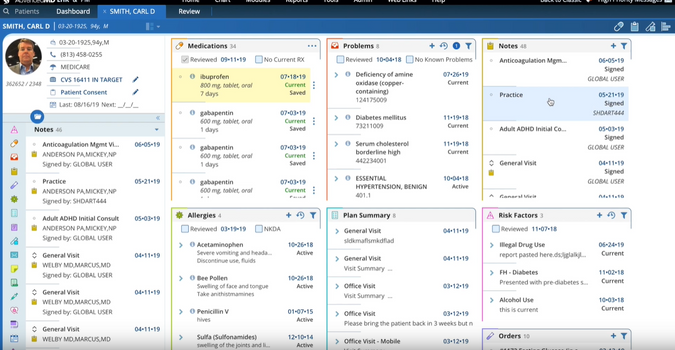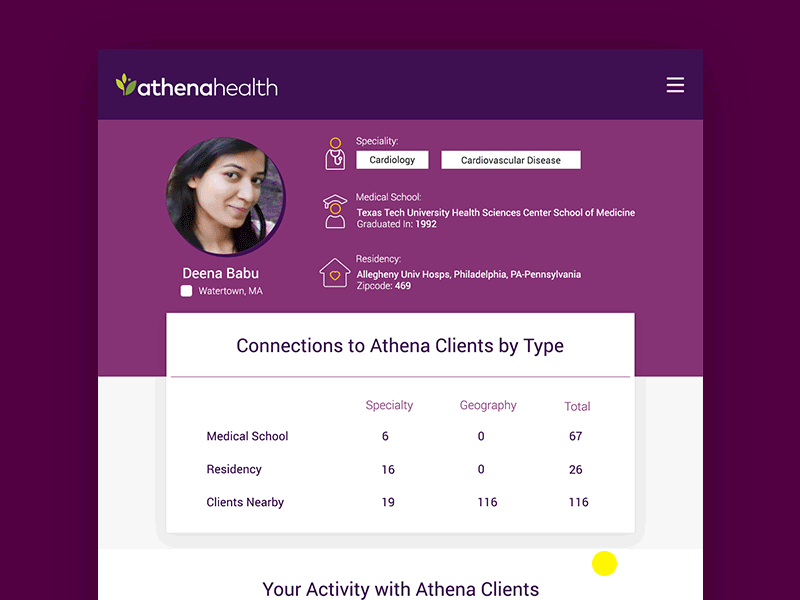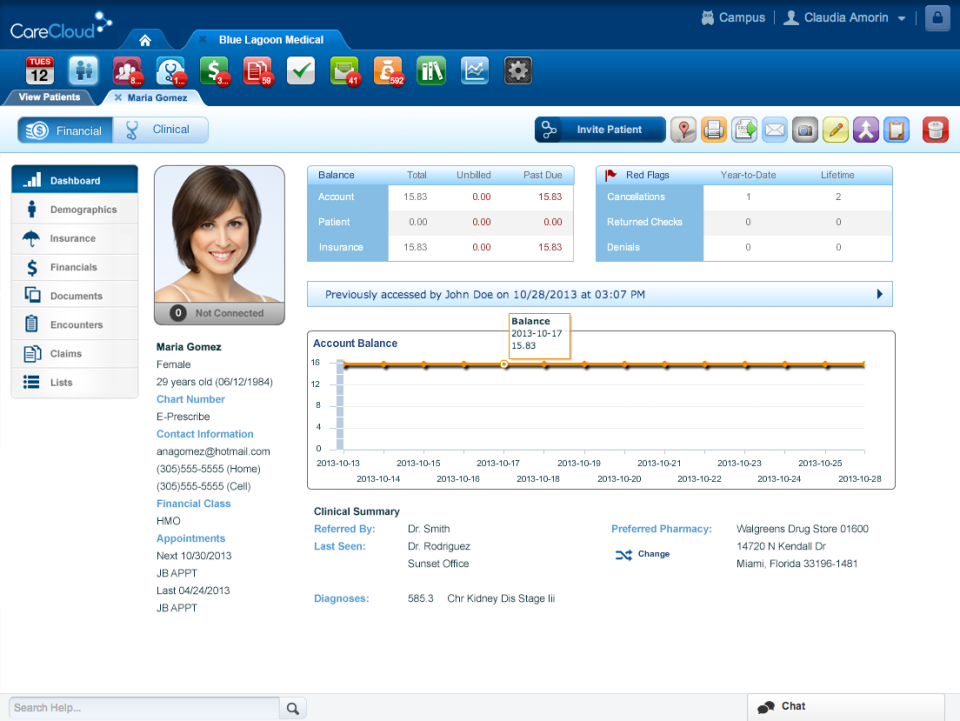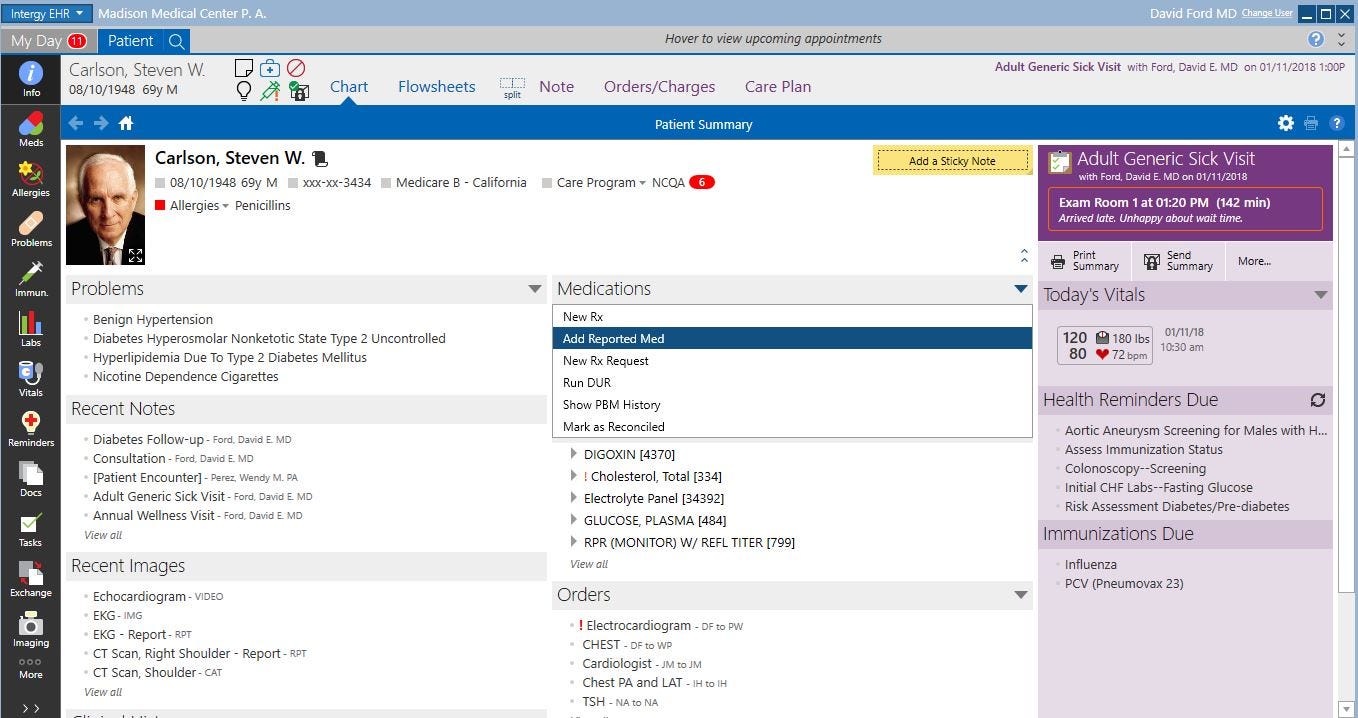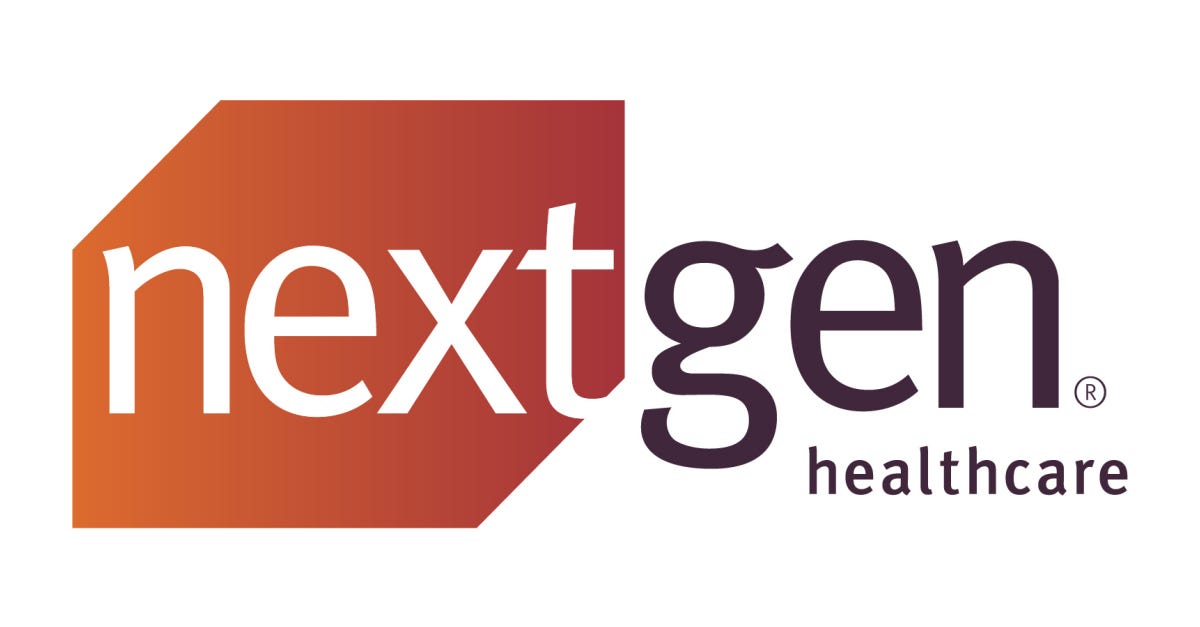EMR Implementation Services Nigeria 2024
mary.olorunfemi16@gmail.com Clinique Plus, company news emr software, medical practice, netwalkersng 0
Implementing Electronic Medical Records (EMR) systems, such as CliniquePlus EMR Software, within healthcare facilities in Nigeria presents a unique set of challenges and opportunities. The adoption of EMR systems is crucial for enhancing patient care, streamlining workflows, and ensuring data security and compliance. Given the diverse healthcare landscape in Nigeria, which ranges from urban hospitals to rural clinics, a tailored approach to EMR implementation is necessary. Here’s a comprehensive overview of EMR implementation services in Nigeria for 2024, using CliniquePlus EMR Software.
Phase 1: Assessment and Planning
Needs Assessment
- Conduct Site Surveys: Understand the infrastructure capabilities and limitations of healthcare facilities across different regions.
- Identify Healthcare Needs: Assess the specific needs of Nigerian healthcare providers, including patient volume, types of care provided, and existing manual processes.
Planning
- Infrastructure Development: Plan for the necessary hardware and internet connectivity improvements, especially in rural areas.
- Customization: Customize CliniquePlus EMR Software features to meet the local healthcare demands and practices in Nigeria.
- Regulatory Compliance: Ensure the EMR system complies with Nigerian healthcare regulations and data protection laws.
Phase 2: Training and Capacity Building
Staff Training
- Training Programs: Develop comprehensive training programs for healthcare providers on how to use CliniquePlus EMR Software effectively.
- Continuous Education: Establish ongoing training and support systems to accommodate new staff and updates to the software.
Technical Support
- Local Support Teams: Establish local technical support teams to provide on-the-ground assistance.
- Remote Support: Utilize remote support tools to assist healthcare facilities in troubleshooting and system updates.
Phase 3: Implementation and Go-Live
Pilot Testing
- Select Pilot Sites: Choose a diverse set of healthcare facilities for pilot testing to gather insights and make necessary adjustments.
- Feedback Loop: Create a system for collecting feedback from users to identify areas for improvement.
Full Rollout
- Staged Implementation: Implement the EMR system in phases, prioritizing healthcare facilities based on need and readiness.
- Data Migration: Assist facilities in migrating existing patient records to CliniquePlus EMR Software, ensuring data integrity and security.
Phase 4: Monitoring, Evaluation, and Optimization
Performance Monitoring
- Monitor System Use: Track the usage and performance of the EMR system to identify any issues or areas for improvement.
- Healthcare Impact: Evaluate the impact of EMR implementation on patient care, data accuracy, and operational efficiency.
Continuous Improvement
- Iterative Updates: Based on feedback and performance data, continuously update and improve the EMR system features and functionality.
- Adaptation to Technological Advances: Stay updated with technological advancements to ensure the EMR system remains cutting-edge.
Challenges and Solutions
- Internet Connectivity: Invest in infrastructure improvements and explore alternative solutions like offline functionality for remote areas.
- User Acceptance: Address resistance through comprehensive training and by demonstrating the benefits of EMR systems in improving patient care and operational efficiency.
- Data Privacy and Security: Implement robust data protection measures and educate users on best practices for data security.
By focusing on tailored implementation strategies, comprehensive training, and continuous improvement, the adoption of CliniquePlus EMR Software in Nigeria can significantly enhance the quality of healthcare delivery, operational efficiency, and data-driven decision-making across the country.










